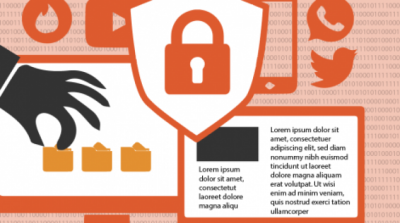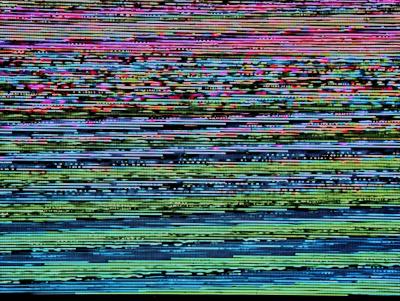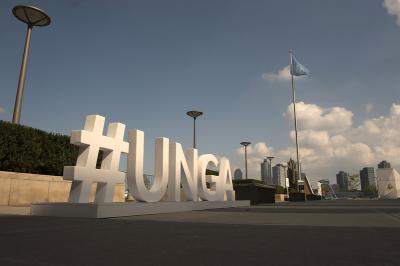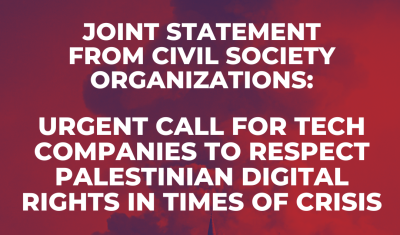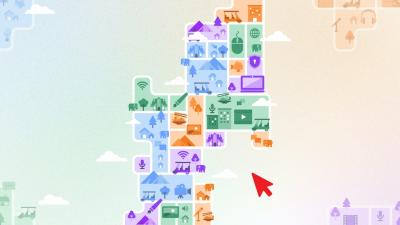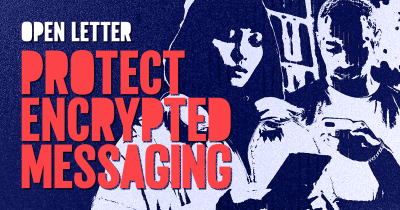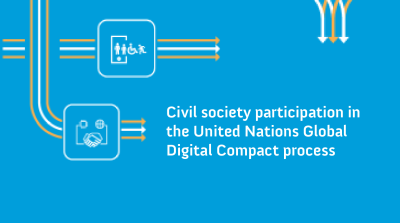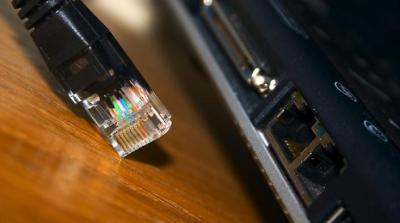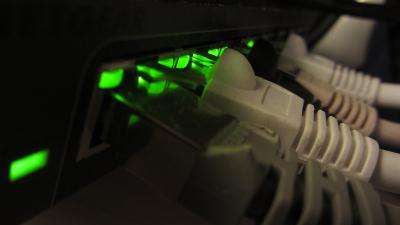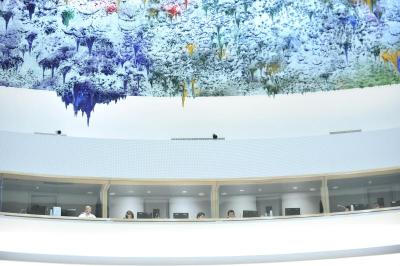ARTICLE 19 envisages a world where people are free to speak their opinions, participate in decision making, and make informed choices about their lives. ARTICLE 19 is campaigning with people around the world for the right to exercise these rights. It has offices in Bangladesh, Brazil, Kenya, Mexico, Tunisia, Senegal and the UK, and works in collaboration with 90 partners worldwide. In 2001, ARTICLE 19 supported APC for the development of the Civil Society and ICT Policy workshop in Africa.
extended description
ARTICLE 19 envisages a world where people are free to speak their opinions, participate in decision making, and make informed choices about their lives. ARTICLE 19 is campaigning with people around the world for the right to exercise these rights. It has offices in Bangladesh, Brazil, Kenya, Mexico, Tunisia, Senegal and the UK, and works in collaboration with 90 partners worldwide. In 2001, ARTICLE 19 supported APC for the development of the Civil Society and ICT Policy workshop in Africa.
53 results


